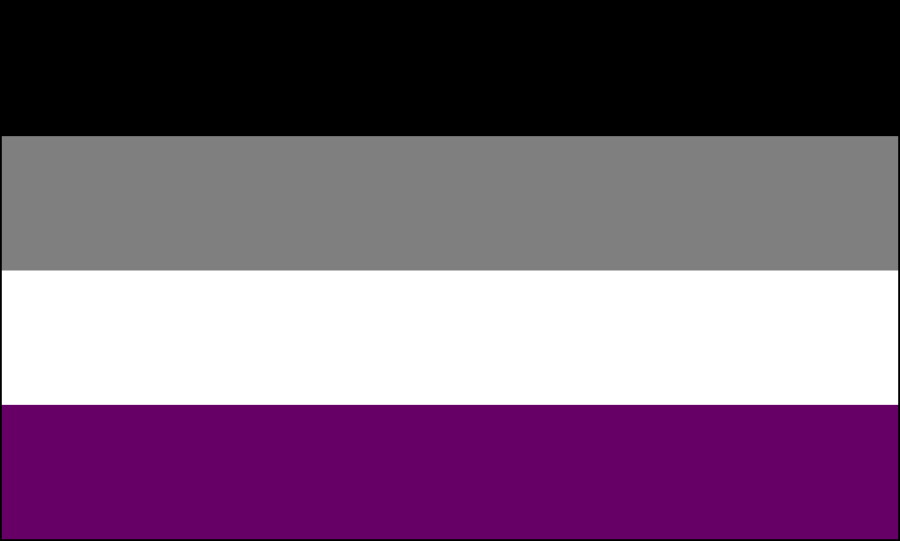The Gender and Sexuality Resource Center is participating in Asexual Awareness Week this week with events to demystify asexual misconceptions and boost awareness of a local asexual support group, Wisconsin-ACE.
The awareness week, running from Oct. 26 to Nov. 1, kicked off with a “Facebook Add” event on Monday, where the GSRC invited people to like its Facebook page and the Wisconsin-ACE page.
Wisconsin-ACE will host an event in honor of the week on Oct. 30 at Milwaukee’s LGBT Community Center. According to Wisconsin-ACE organizer Podkayne Miller, the support group was created to “promote and coordinate asexual representation at pride events across the state, and to connect asexuals trying to raise awareness about the orientation in their community.”
The GSRC will continue supporting the awareness week by boosting visibility for the Wisconsin-ACE group Wednesday, and then by holding a community lunch Friday in the GSRC. GSRC director Susannah Bartlow will start the lunch by defining asexuality before opening the floor for dialogue and discussion.
An asexual person does not experience primary sexual attraction, but might experience romantic, emotional or spiritual attraction.
“Asexual people might fall in love … they may not,” Bartlow said. “They do not tend to have sexual partners, although they may have life partners.”
Miller noted that some people have various responses when they hear the word asexual.
“I’ve found that the first reaction I have had personally is that I should seek medical help,” he said. “A lot of my friends and family have expressed pity or that I am missing out on ‘the best years of my life.’”
Being asexual is not the same as being celibate or abstinent, which Miller and Bartlow said is a common misconception. In fact, many asexual people are sexually active.
“There is no one common standard experience of asexuality,” Bartlow said. “It can feel like there is a lot of pressure to be sexual or romantic, so asexual people may be in the closet or may want to fly under the radar because they feel, because they don’t experience sexual attraction, that somehow they are wrong or different.”
Miller added that an asexual person can feel broken, depressed or inadequate in a largely sexual society.
“It’s important that people recognize asexuality as a valid orientation that has always been around, even though the name of it is relatively new,” he said. “Asexuals are usually quite happy with their lives and do not need ‘treatment’ of any kind.”
Bartlow explained the importance of the awareness week.
“It is a week to develop education about asexuality and the spectrum of asexuality to better understand someone who identifies as asexual and what it means to them,” said GSRC director Susannah Bartlow. “It’s putting asexuality at the center of awareness nationally.”
Miller said Wisconsin-ACE is trying to be more present in communities by getting its name out to the public and understanding what additional work needs to be done in Wisconsin to achieve state-wide acceptance of asexuality.


